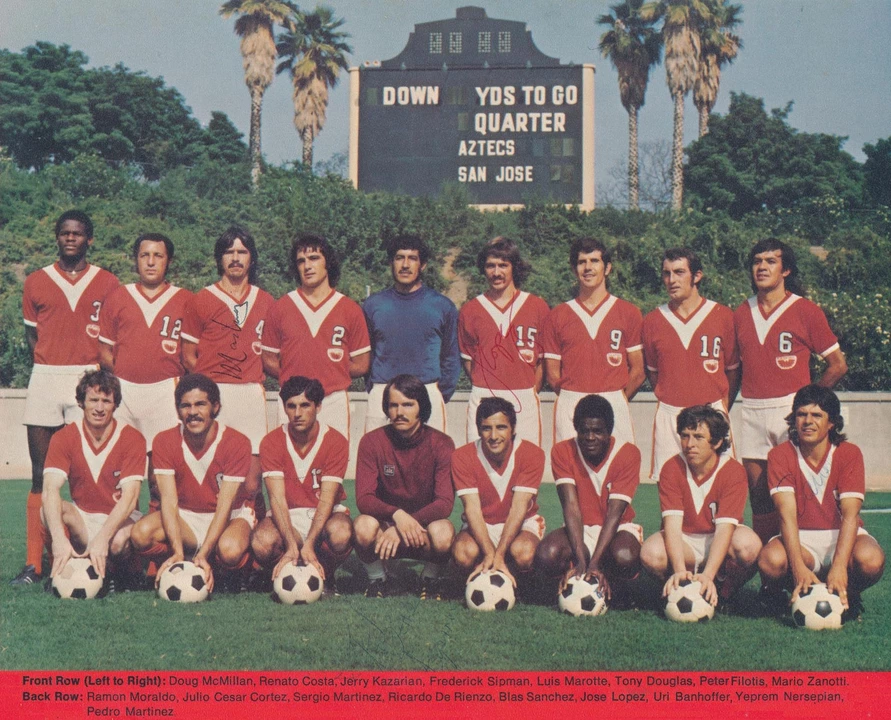Number Meaning in Soccer
When talking about Number, a numeric value used to identify, count, or measure things in sports and everyday life. Also known as numeral, it shows up everywhere from jersey shirts to match scores, and it drives how fans and analysts talk about the sport.
One of the biggest ways a soccer, the global team sport played with a round ball, relies on numbers is through player position, a role that determines where a player lines up on the field. Numbers assign identity – the left winger often wears 11, the striker might be 9 – and they also signal tactical intent. In other words, Number encompasses player position, while player position requires a clear number to guide teammates and opponents.
Beyond the pitch, numbers fuel fantasy soccer, an online game where participants draft digital versions of real players. Here, every statistic – goals, assists, clean sheets – translates into points, and those points are summed into a ranking number that decides who wins each week. Fantasy soccer therefore influences how fans view real‑world performance, because the more points a player accrues, the higher their market value and the more buzz they generate.
Another practical angle is recording soccer games, a task that hinges on counting frames, timestamps, and goal numbers. A solid recording setup captures the exact minute a goal occurs, the jersey number of the scorer, and the sequence of passes leading up to it. This data feeds into post‑match analysis, where coaches break down each number‑based event to improve tactics.
Why Numbers Matter to Every Soccer Fan
Numbers aren’t just ink on a shirt; they are the language of the sport. A match report will say "Team A won 3‑1," instantly translating the outcome into three goals for one side and one for the other. Those goal numbers trigger deeper questions: How many were scored from set pieces? Which player’s number appears most often in the box? By tracking these figures, analysts can spot patterns, like a defender who scores unusually often because of his aerial ability.
When you watch a game, you subconsciously count possessions, passes, and shots – all numbers that shape what you think the teams are doing. Coaches, too, rely on numbered data to decide substitutions: a player with a low pass completion number might be taken off for a fresher option. In training, drills are often timed in numbers of repetitions, reinforcing how central counting is to improvement.
Even off the field, numbers affect merchandise sales. Fans buy jerseys bearing their favorite player’s number, turning a simple digit into a personal brand. That brand value feeds back into sponsorship deals, media coverage, and ultimately the club’s revenue stream.
All these examples show that Number connects to soccer, player position, fantasy soccer, and recording practices, forming a web of relationships that drive the sport’s culture and business. Below you’ll find a curated list of articles that dive deeper into each of these angles, from how to choose the right jersey number to the latest trends in fantasy scoring and video analysis techniques.
